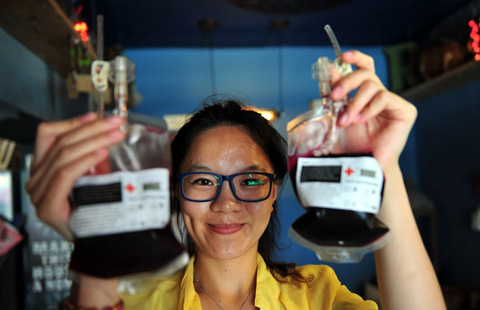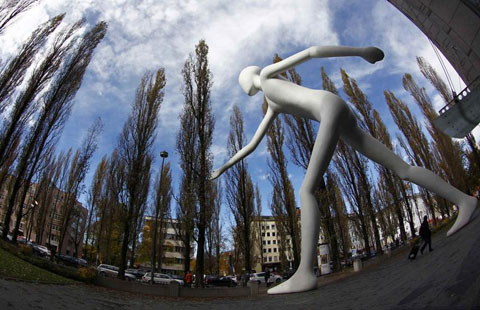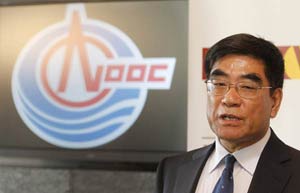Germany offers to assist western China with urbanization
By Qiu Bo in Chengdu and Zhou Wa in Beijing (China Daily) Updated: 2014-07-07 07:08The comprehensive strategic partnership between China and Europe now has reached its 10th year. Zhao Junjie, a European-studies expert at the Chinese Academy of Social Sciences, said, "Though the relationship has been up and down in the past decade, they still have a strong willingness to enhance the bond at this milestone moment."
Jia Xiudong, a senior international affairs researcher at the China Institute of International Studies, said Merkel's choice of Chengdu as the first leg of her China trip shows Germany's great interest in the province.
|
 |
 |
"Western countries previously paid relatively little attention to Sichuan and other regions in the west, but Si-chuan's fast development has aroused their interest," said Jia.
"Meanwhile, the strategy of China's new leadership to intensify the development of western regions makes them see more business opportunities," he said.
Meng Hong, a researcher at Renmin University of China in Beijing, said Germany has had Chengdu on its map for a long time. It set up a consulate in the southwestern city in early 2004, and more than 160 German enterprises have launched offices there, Meng said.
By the end of last year, the city's foreign affairs office had confirmed 6.8 billion yuan ($1.1 billion) in direct investment from German enterprises. The total volume of imports and exports between the two sides has reached $1.5 billion.
The city has also laid out a blueprint to build an industrial park that will aim to lure more small and medium-sized German companies, the office said.
"In Germany, more than 98 percent of the enterprises are small and medium-sized companies," said German Ambassador to China Michael Clauss.
These companies are eager to invest in China, and their advanced technologies can help China upgrade its industrial system, Clauss said.
- Chinese premier confident in economic growth
- Merkel's visit to boost China relations
- China, Germany in helicopter, car plant deals
- China Q2 GDP seen steady at 7.4%, recovery in sight
- Shandong to issue 13.7m yuan of municipal bonds
- China's inflation growth forecast to drop
- China signs deal to purchase 100 Airbus helicopters
- 'True blood' thrill for 60 yuan

















